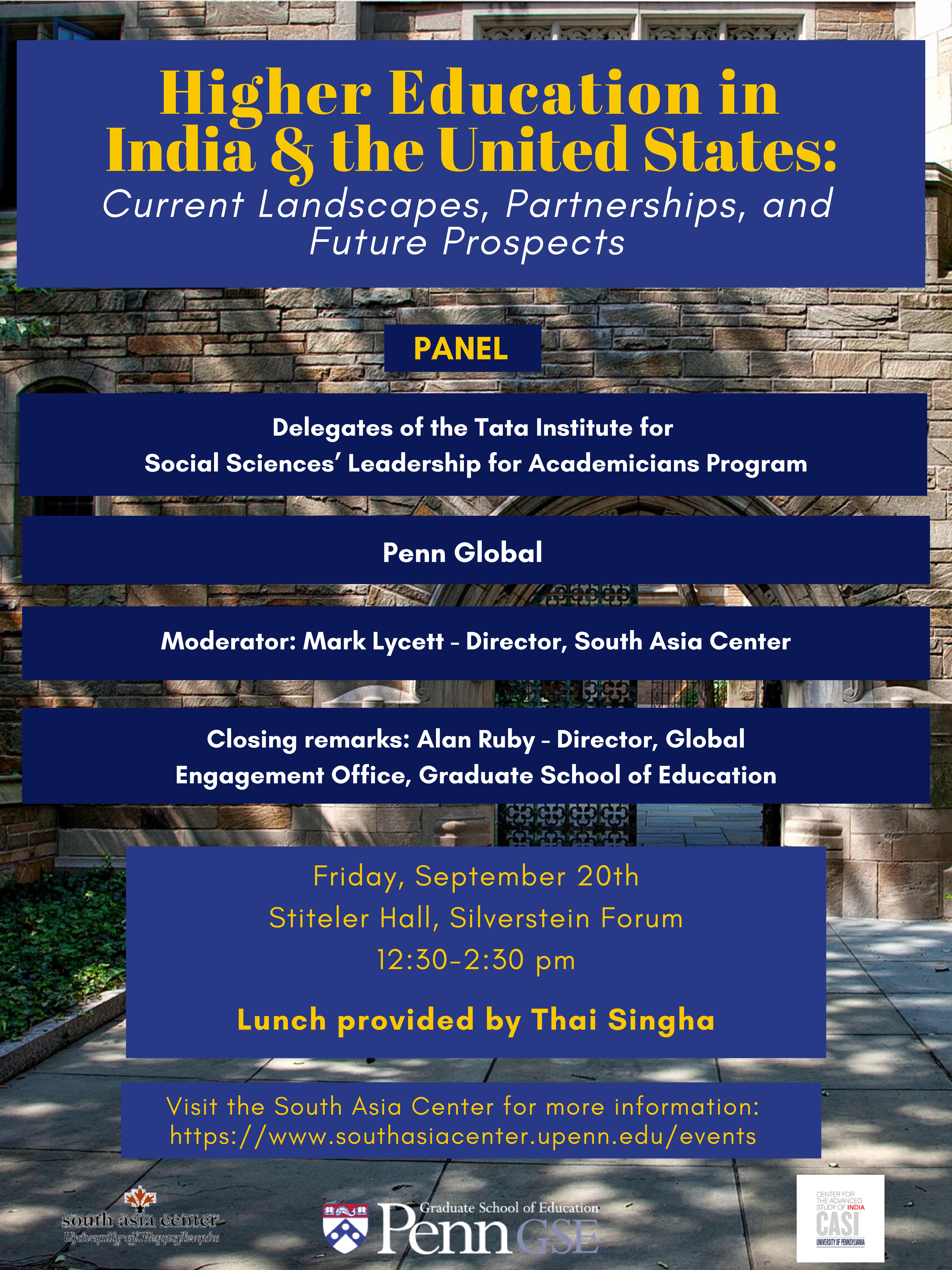Bridging the Gap in India’s Mental Health Care

The World Health Organization (WHO), in its founding principles, defines health as “a state of complete physical, mental, and social well-being and not merely the absence of disease or infirmity.” It further states that “the enjoyment of the highest attainable standard of health is one of the fundamental rights of every human being without distinction of race, religion, political belief, economic, or social condition.” Physical health of individuals has been the major focus of public health care systems across the globe, more so in developing countries including India.


